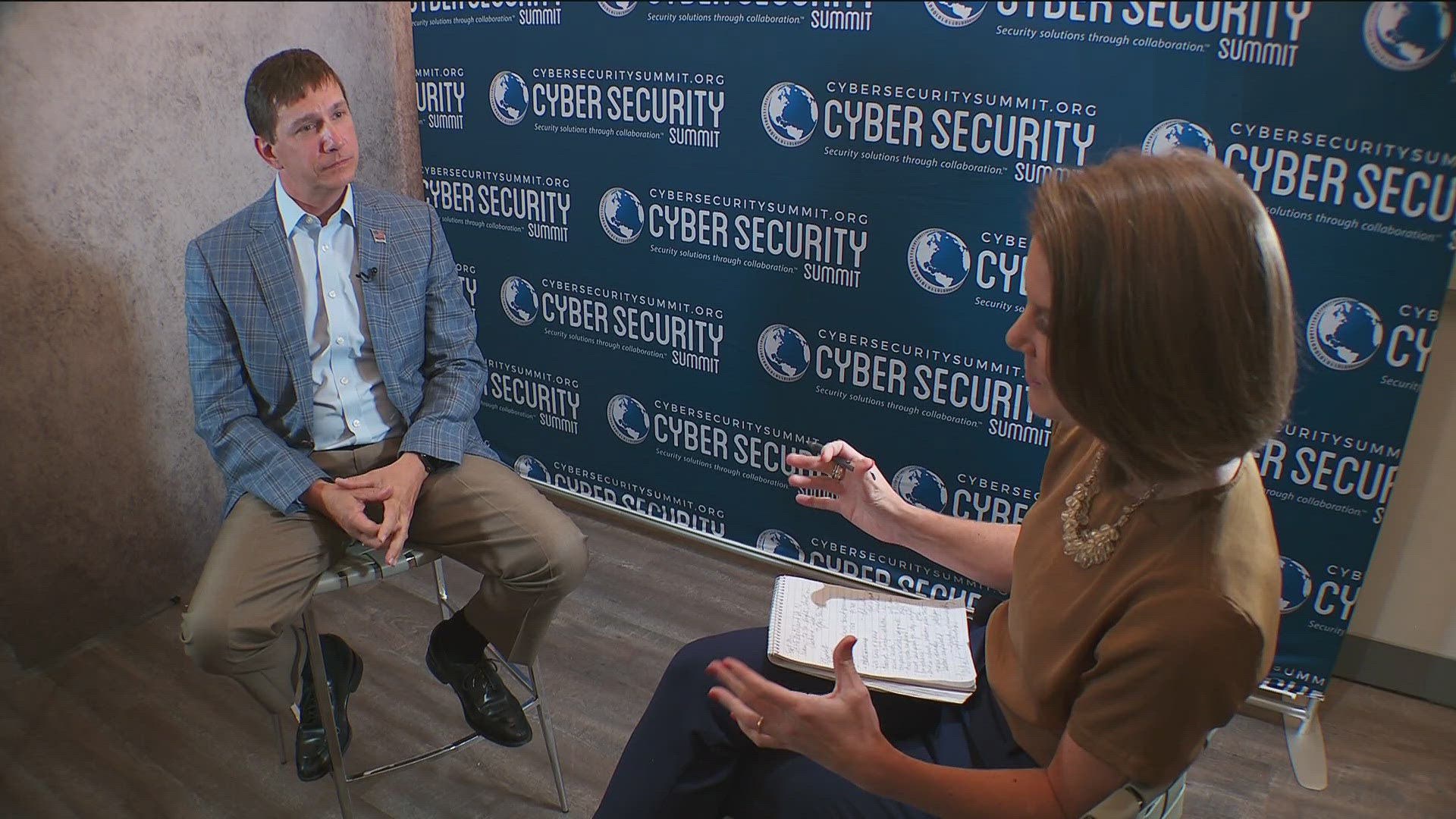MINNEAPOLIS — In these final hours, concerns about election safety are mounting - from ensuring votes are accurately counted to keeping poll workers safe.
The now-retired Federal Bureau of Investigation Assistant Director Michael Paul spoke out at this year's Cyber Security Summit in Minneapolis. The leadership event says cyber attacks are more frequent and longer lasting with larger losses. Paul says cybersecurity is a top priority at all levels.
"The vast majority of individuals working in this career field are doing it for the right reasons and really want the best for American citizens and local communities," said Paul.
He said that the number one priority for the FBI is terrorism, but that cyber crime is a close second. There were about 2,300 cyberattacks last year, which is up 72% from two years prior, including malware and ransomware.
Paul said the bad actors are not necessarily targeting specific entities all the time, rather seeking out areas of vulnerability to simply cause disruption.
"We see big companies, small companies, private sector, government, even sometimes individuals who have a significant cyber footprint who we might say, just left the back door open by accident," said Paul.
Paul said the criminals can also be motivated by politics. He calls them domestic extremists who continue to promote long-debunked voter fraud in the run-up to this election.
"We don't have broad connectivity to the internet or wireless technologies implemented and those are the areas we would see the highest amount of risk," said Paul, adding voting fraud is partly kept in check due to humans testing and verifying election results.
He said it's also important that election workers understand the software on the off chance a case is brought to court. Paul said more importantly, the FBI has to share consistent messaging and answer concerns in public forums to build trust amongst communities.
Instead, he said, the growing threat is social engineering. That's when bad actors use manipulation to trick people into making security mistakes or giving away sensitive information, called phishing.
"People don't have to understand the technology, they just have to understand there are people trying to trick them, but I think that sense of awareness and slowing things down can save a lot of grief," said Paul.
The FBI says it may sound simple, but the two best ways to protect yourself against cyber attacks is multi-factor authentication, a process that requires several ways to verify your identity.
Paul also said don't click any links or open documents from an unexpected text or email.

